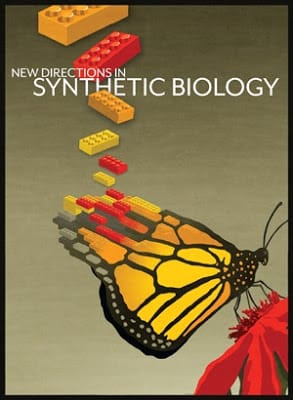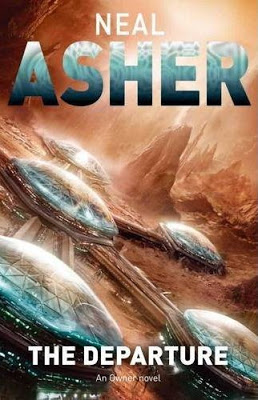Oh, and seeing as I nicked this idea from Guy I just went and bought his novella (a mere 65p) for my kindle.
Tag: Books
Mental Fat
Brighton Weekend
Daily Parasite
Science Fiction Singularity
I had gone off Horizon programs because of how dumbed down they’ve been, how so often they were lacking in content – what content they had often being spread over an hour when, if you cut out all the pointless camera shots, they might have filled twenty minutes – and by the frequent righteous environmental preaching. However, I did record one called ‘Playing God’ (a title that put me off straight away), and enjoyed it immensely.
Loony Tunes
Errors in the Books
Short Stories and Stuff
Well, it looks for sure like Piper’s Ash, who published Runcible Tales, has closed:
Writing Update
It didn’t take me very long to go through the copy-editing of Zero Point. There were a few questions asked to which the answers ranged from, ‘Yes, do it,’ to, ‘No, leave it alone’. What would you think the answer should be, for example, to changing EMR and EMF to EM radiation and EM field? The rest of it was all about house style. I had a momentary worry when I thought they might be deleting all my ellipses until I was informed they were supplanting them with just a more widely-spaced version. I also learned something about enquire/inquire (as used by Macmillan). The former is for general usage, the latter is used more for asking for information as part of a formal investigation. I really should have known this since the distinction is in their dictionary definitions.
More on the Departure
Having gone ‘ouch’ a few times after daring to venture a peek at the bad reviews on amazon and elsewhere, I’ve been having a little think. One of the main criticisms of The Departure seems to be the ‘political diatribes’ (or in one case ‘Thatcherite propaganda’) in my chapter starts. Admittedly I should have attributed them rather than let them stand, since some of them are from subnet bloggers and some from govnet bloggers. Anyway, that’s beside the point. I decided to do a little experiment with one of them by just changing a few words. This first one is directly from The Departure (shortened a little):
Once the Committee had firmly tightened its grip on Earth, it distributed wealth only on the basis of its own survival. In the beginning, ‘zero asset’ citizens received just enough to keep them fed, clothed and housed, whilst ‘societal assets’ could receive considerably more, calculated on the basis of their use to the Committee and how much more of a contribution could be derived from them by allowing them more. But the Committee itself sucked up the bulk of world wealth through building the infrastructure of utter control, and by maintaining its upper executives at a level of luxury never before witnessed on Earth.
And here’s another version:
Once the corporations and bankers had seized control of Earth from democratically elected governments, they distributed wealth only on the basis of their own survival. In the beginning, unemployed citizens received just enough to keep them fed, clothed and housed as a ‘labour pool’, while those employed in the corporations could receive considerably more, calculated on the basis of their usefulness and how much more of a contribution could be derived from them by allowing them more. But the corporations sucked up the bulk of world wealth through building the infrastructure of utter control, and by maintaining their upper executives at a level of luxury never before witnessed on Earth.
It would take me at best a week, mainly using find-and-replace, to completely flip this book over into the realms of ‘acceptability’. Sad but true.








